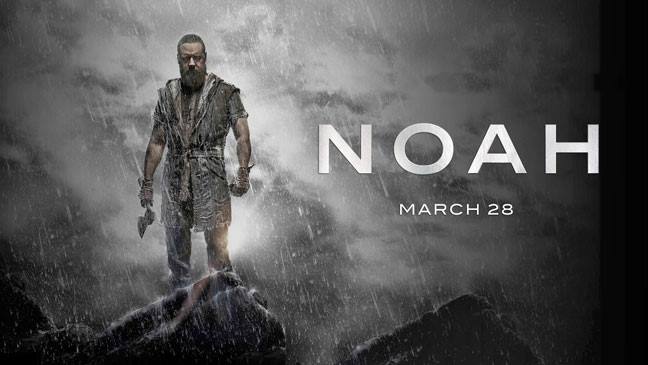Wally Pfister, the talented cinematographer behind modern
classics such as “The Dark Knight”, “Inception” and “Moneyball” brings us his
directorial debut in “Transcendence”, a sci-fi drama starring Johnny Depp as a
mad scientist who becomes a highly sentient computer with ambiguous goals
towards the human race. Tonally and
visually, considering his recent work with director Christopher Nolan, the
movie is presented in a way we might expect; cold, stark, and sterile, mirroring
the dehumanizing technologies that the plot warns the audience against.
Though
Pfister hands over the photography work to Jess Hill his fingerprints are all
over the film, but unfortunately when it comes to storytelling, pacing, and
drama this curiously drab blockbuster lacks the same sense of meticulous
identity. Many scenes drag their feet
when the movie is begging for acceleration and the themes of loneliness, the
gradual loss of individuality, and progress by any means are somehow bluntly beat
into the ground without ever really committing to any of them.
Depp
stars as Will Caster, a Ted-Talking computer genius who’s figured out the
process of creating fully formed artificial intelligence. His wife Evelyn,
played by Rebecca Hall, is working in union to create medical nano-bots. When her husband is fatally injured by a
gunshot from a technophobic revolutionary, Evelyn does what she can to keep him
alive and uploads his consciousness into the mainframe of his super-computer.
There, he’s not only able to access all of his memories and knowledge but he's able to
think exponentially faster and more efficiently, using Evelyn’s nano-technologies
to heal the sick and injured and to build fields of solar panels, expanding his
ever-growing digital network.
This
cyberpunk Frankenstein plot should have provided a simple but useful framework
for the actors and the screenplay to really go in a myriad of different, and hopefully interesting
directions. Unfortunately, Phister never really gives us a clear sense of the
key players in the narrative when it comes to why we should care about anything
that’s going on. Depp and Hall’s tragic romance is underwhelming and almost nondescript,
leaving all the pulp-genre elements of the film feeling derivatively old-hat. We're never as sad as we
should be about the Evelyn’s straining marriage to her computer husband as he
becomes less human and we're never as worried as we are supposed to be about
Will’s descent into cold calculation over compassion due to Depp’s
flat-line performance through each point of his character’s arc.
Cillian
Murphy and Morgan Freeman step over from Nolan’s stable of repertory actors and
are given almost nothing to do here as concerned investigators. Them, along
with Kate Mara as the leader of the human rebellion against Castor’s digital
army, are strangely disconnected from the more interesting—though ultimately
flailing--emotional story. Paul Bettany, as a former colleague of Depp’s
character, who is then recruited by the militaristic insurgence, probably gives
the best performance in the entire film, picking up the slack dropped by everyone
else. Rebecca Hall is clearly trying her hardest but has absolutely nothing to
work with or against, rendering her best scenes into an ineffectual, one-women
juggling act.
Despite
the fact that “Transcendence” has the right budget, the right actors, and a
promising director--given the pedigree of films he’s worked on as crew--the
final result is a depressing slog, not worth your time or consideration. It’s competently framed and lit but the
screenplay lacks any kind of specificity or vitality, and the simple joys of
the movie’s sci-fi conceits are almost instantly drowned in its bland
austerity.
Grade: D+
Originally published in the Idaho State Journal/April-2014



